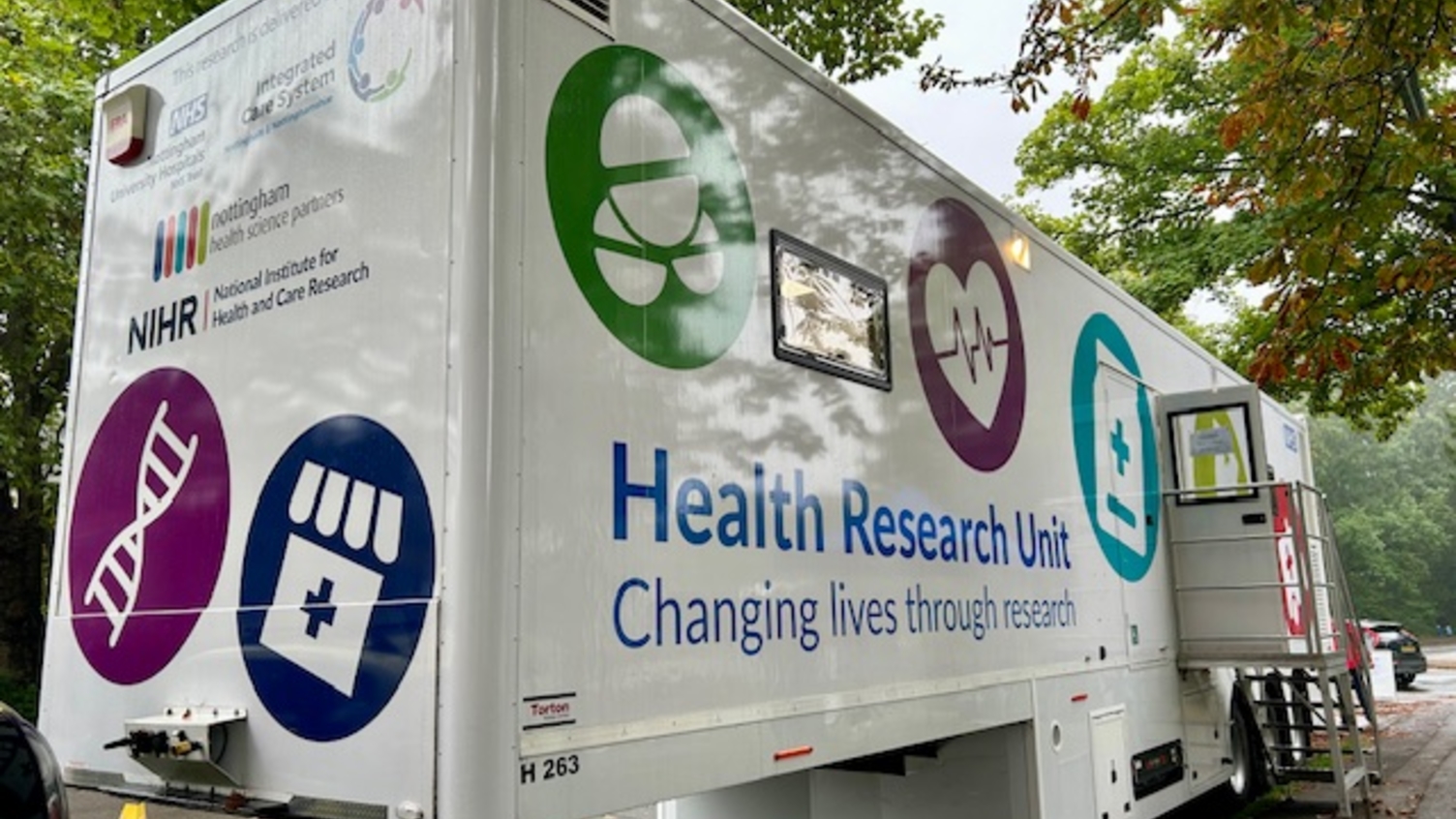Smrithi’s story: Journey through the Developmental Renal Research Nurses’ programme
- 16 September 2024
- 3 min read
Read more about a career progression pathway for post registration nurses
University Hospitals of Leicester NHS Trust offers a nurse's pathway into research
In 2021, the University Hospitals of Leicester NHS Trust (UHL) Renal Research Team (RRT)'s strategy was to increase the number of studies and early phase work in renal and rare kidney diseases, where there is an unmet need. However, this was proving difficult due to the lack of qualified research nurses post COVID-19. To overcome this, the Developmental Renal Research Nurse (DRRN) programme was developed.
The DRRN programme works to attract, train and support nurses in their careers in renal clinical research. By carefully selecting candidates for the course, the programme ensures a high standard of nurses. The course is designed to be directive in outlining the essential knowledge and competences that the nurses need to attain. A comprehensive programme of learning is in place, with each nurse being assigned a designated mentor to support them throughout the course. This allows the nurse to shadow and work alongside their mentor, enhancing their learning experience. The programme provides guides and resources to further knowledge, career development and research capacity development. Upon completion, nurses will have the ability to progress into a Band 6 Research Nurse role with the skills, knowledge and competences necessary for renal research.
The programme has significantly expanded the RRT's research capacity, by increasing the number of open studies to over 50. This includes early phase trials and a wide range of renal subspecialties such as lupus, vasculitis, and dialysis, ultimately enhancing opportunities for research, society and people with renal disease.
Smrithi Rajeev, Renal Research Nurse at UHL, tells us about her journey through the Developmental Renal Research Nurses' programme.
Many nurses who come from a clinical background often find conducting research challenging. This can be in part because the language of research is unfamiliar to them. The DRRN programme enables nurses to build up competence and confidence in delivering clinical research. The programme provides essential training over 18 months to support nurses from different backgrounds to conduct research and develop their knowledge. A specific training programme has been developed, incorporating resources such as the National Institute for Health and Care Research (NIHR) Clinical Research Network (CRN) CREATE course, which the nurses complete during the programme. As the nurse works with their mentor, the programme is designed similar to an apprenticeship. The nurses follow a schedule of appraisals during the programme where their reflections, progress, and future learning plans are discussed. This schedule varies nurse by nurse depending on their prior experience. By the end of the programme, they need to have achieved all the required competencies, led studies, completed reflections on their work, and demonstrated progress in their learning at each course appraisal.
Smrithi, who has a background in intensive care, is in her final months of the programme and has benefited immensely from the knowledge and experience gained. Throughout her journey, Smrithi has not only experienced personal growth but also received invaluable guidance and support from her team. Mentoring, appraisals and gained experience with the wider renal research team and supporting services, have enhanced her learning and understanding of clinical research that has contributed to her professional development
The development of such a programme has a huge benefit on the improvement of healthcare as without research, medical advancements would not be possible.
There is scope for the programme to be adapted into other disease areas, and across multiple sites in the UK. Currently, there is no other programme such as this available to nurses who want to progress their career in renal research. However, other Trusts have recently expressed an interest in commencing the programme both in renal and other areas of research.


